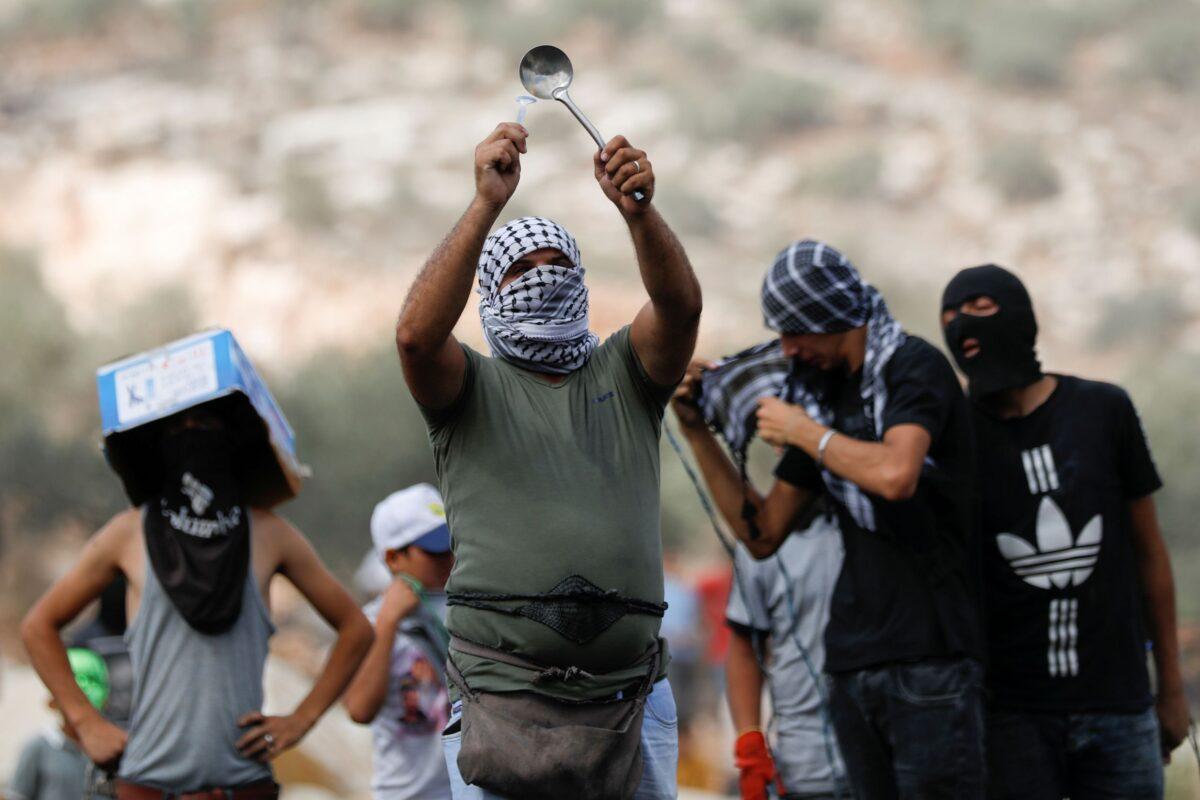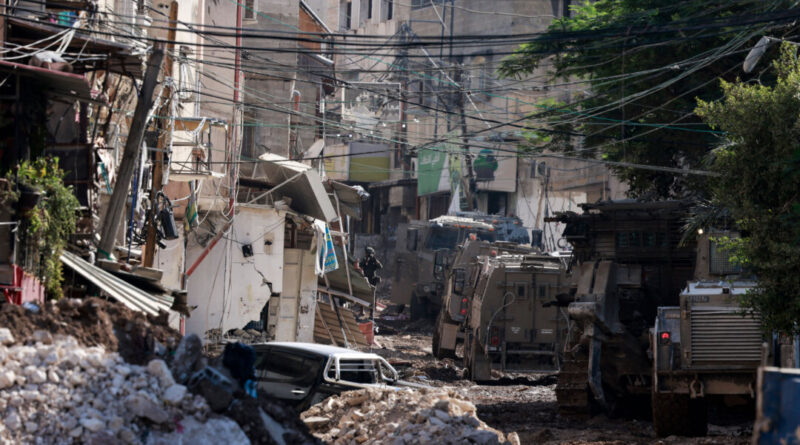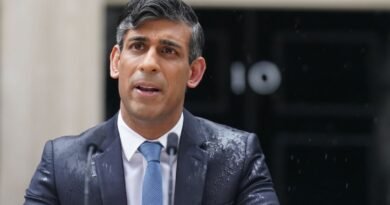Israeli Military Claims Activist Was Shot ‘Accidentally’
The family of the Turkish American activist killed during a West Bank protest last week disputes the IDF’s finding.
An American activist shot and killed at a West Bank demonstration on Sept. 6 was hit unintentionally, an Israeli army inquiry has found.
Aysenur Ezgi Eygi, 26, who also held Turkish citizenship, was killed at a demonstration near Beita Junction, where dozens of protesters burned tires and threw rocks at Israeli security forces, the Israel Defense Forces (IDF) said in a Sept. 10 statement.
“The inquiry found that it is highly likely that she was hit indirectly and unintentionally by IDF fire which was not aimed at her, but aimed at the key instigator of the riot,” the IDF said.
The IDF expressed “its deepest regret” over Eygi’s death.
The IDF’s Military Police Criminal Investigation Division conducted the investigation, which the Military Advocate General’s Corps will review.
Eygi was shot during a weekly demonstration in Beita against a nearby Israeli settlement, Evyatar, which was recently legalized by the Israeli government.
Prime Minister Benjamin Netanyahu’s governing coalition includes parties representing residents of the West Bank, which Israel calls Judea and Samaria.
The government has aggressively supported and extended Jews’ right to live in the area.
Eygi, who was from Seattle and a recent graduate of the University of Washington, was an activist with the International Solidarity Movement, a Palestinian-led movement resisting Israel in the West Bank and Gaza.
It advertises itself as dedicated to nonviolent tactics. It has a long history, though, of demonstrations that led to violence—primarily carried out by Israeli security, but some from Palestinian terror groups.
In one highly publicized incident, Rachel Corrie was killed in 2003 as she and other demonstrators attempted to block an Israeli bulldozer near the Rafah border crossing with the Gaza Strip.
The bulldozer was operating to prevent weapon smuggling into Gaza.
U.S. Secretary of State Antony Blinken, speaking in London on Sept. 10, criticized the killing as “unprovoked and unjustified.”
He called for the IDF to make “fundamental changes to the way that they operate in the West Bank, including changes to their rules of engagement.”
“No one should be shot while attending a protest,” he said.
Eygi’s family in the United States rejected the IDF’s finding.
They released a statement saying: “We are deeply offended by the suggestion that her killing by a trained sniper was in any way unintentional. The disregard shown for human life in the inquiry is appalling.”
The ISM also rejected the finding.
Jonathan Pollak, an Israeli protester who witnessed the shooting, said clashes broke out between Palestinians throwing stones and Israeli troops firing first tear gas and then ammunition.

Palestinian demonstrators clash with Israeli forces during a protest in solidarity with prisoners following the escape of six Palestinian terrorists from an Israeli prison, in Beita, in the Israeli-occupied West Bank on Sept. 10, 2021. Mohamad Torokman/Reuters
He said the violence had subsided about a half hour before Eygi was shot, after protesters and activists had withdrawn several hundred meters away from the site of the demonstration.
Another activist said it had been calm, but only for a few minutes.
Pollak said he saw two Israeli soldiers mount the roof of a nearby home, train a gun in the group’s direction, and fire, with one bullet hitting Eygi.
He said he was about 50 feet away from her and that the soldiers were at least 240 yards away.
Pollak said Eygi was taking cover next to an olive tree. An activist who was with her said that earlier she and Eygi were hiding behind a dumpster.
The Associated Press and Reuters contributed to this report.





